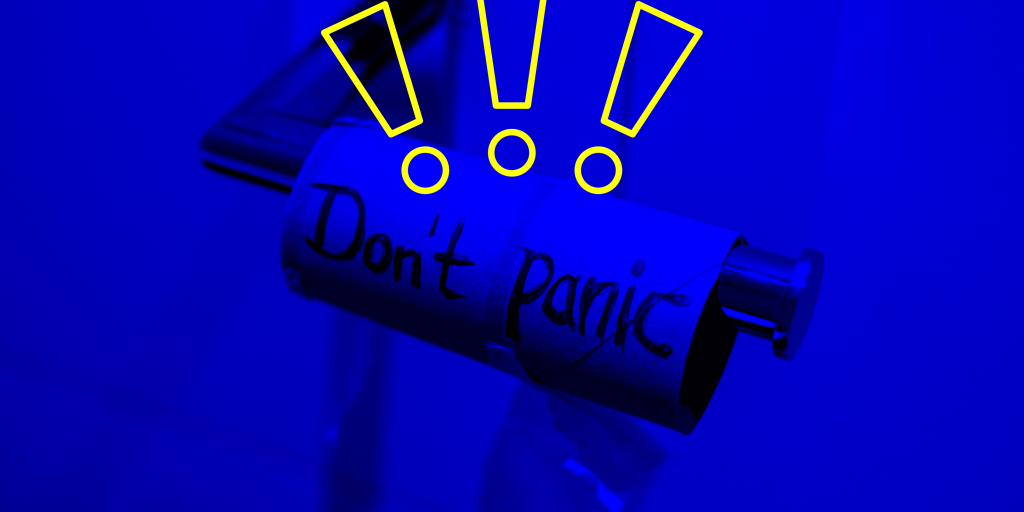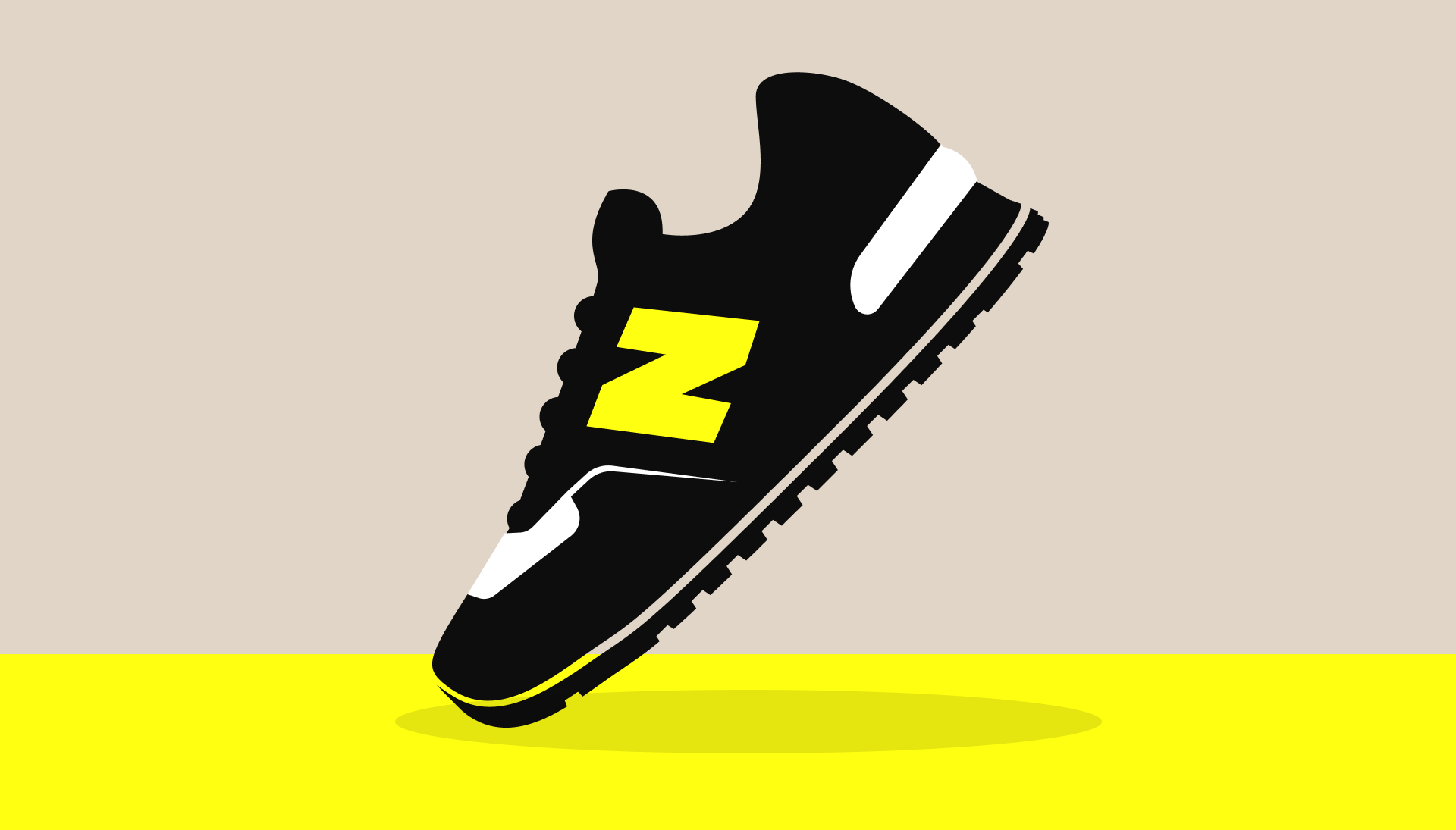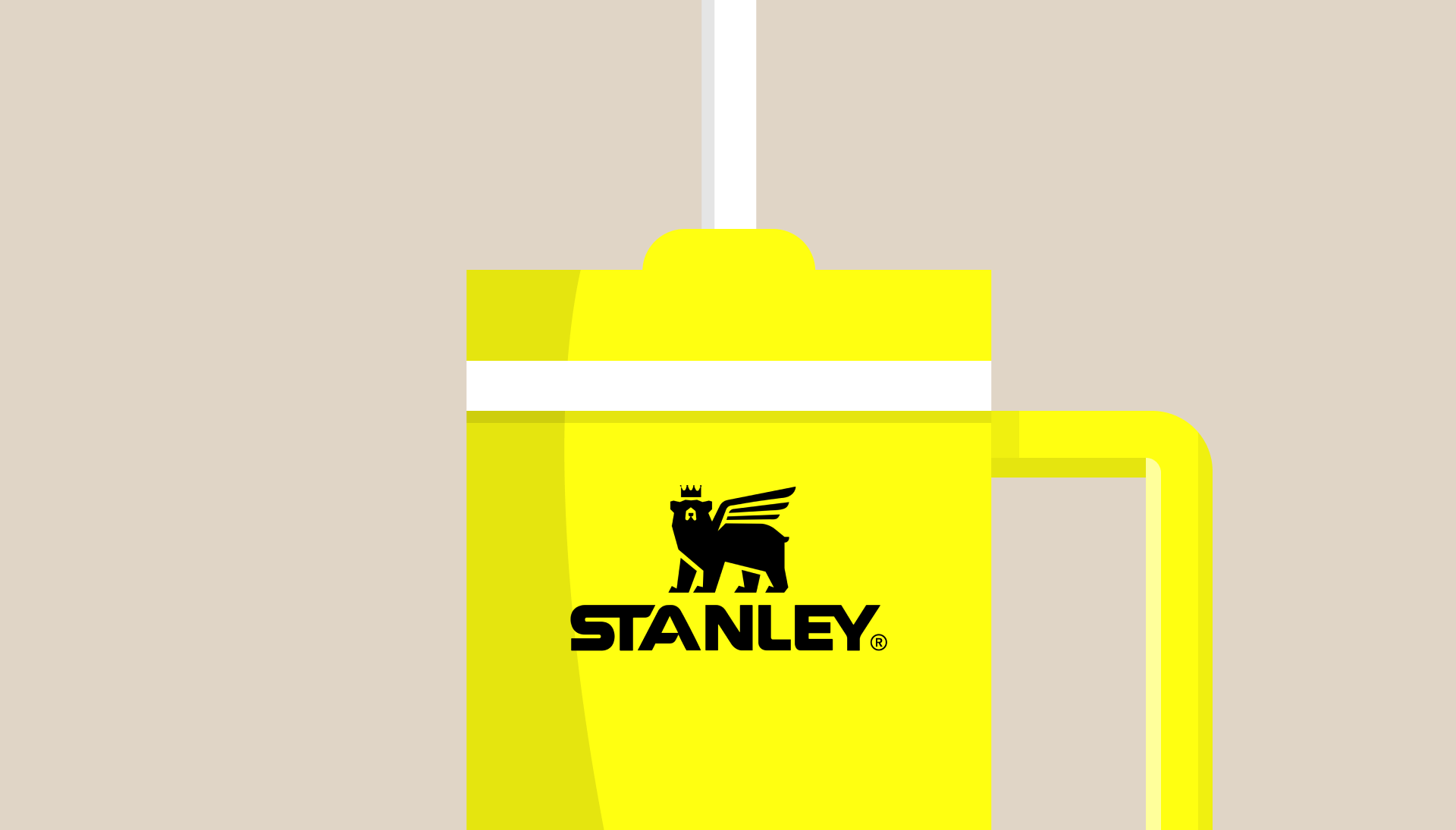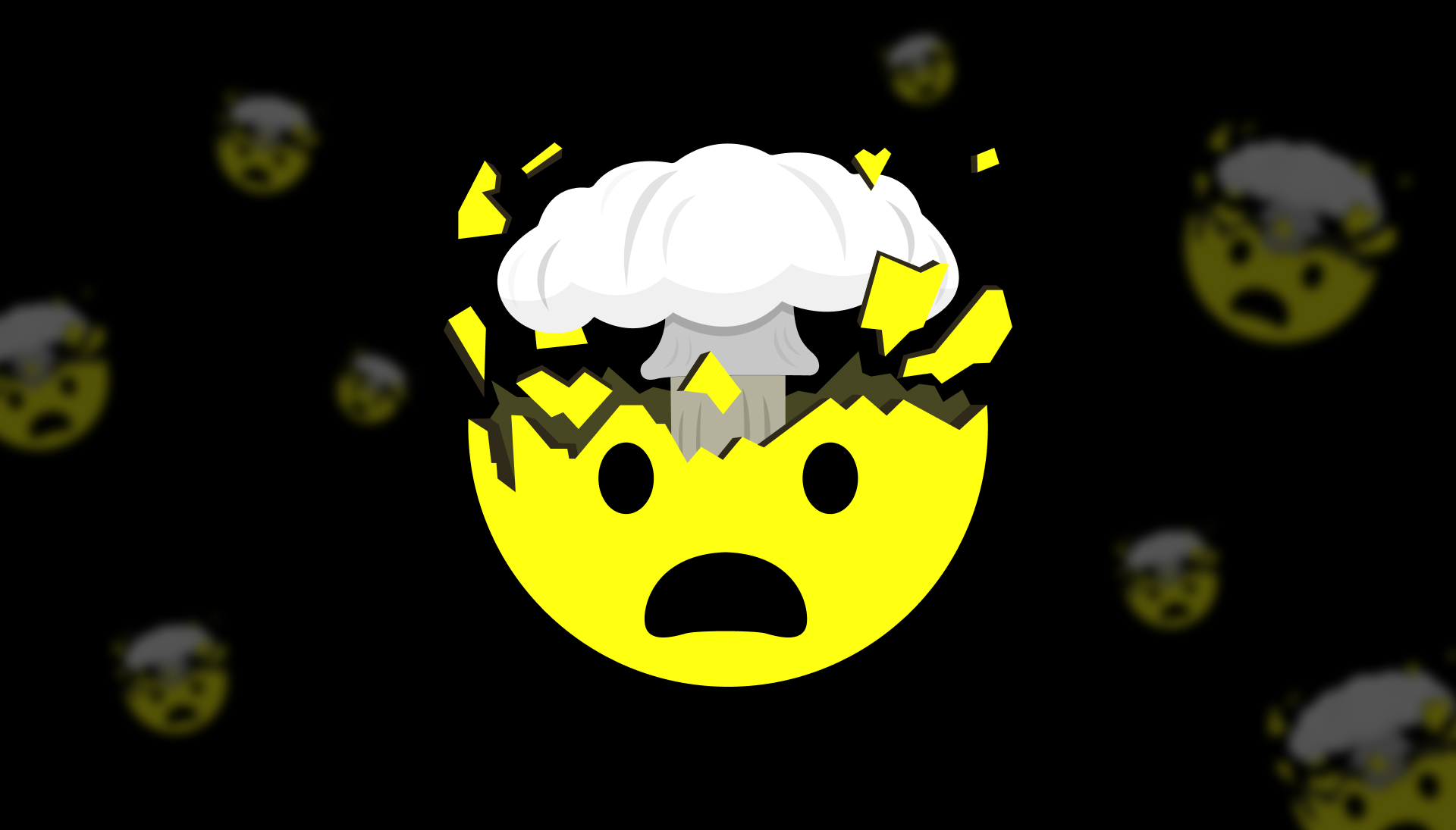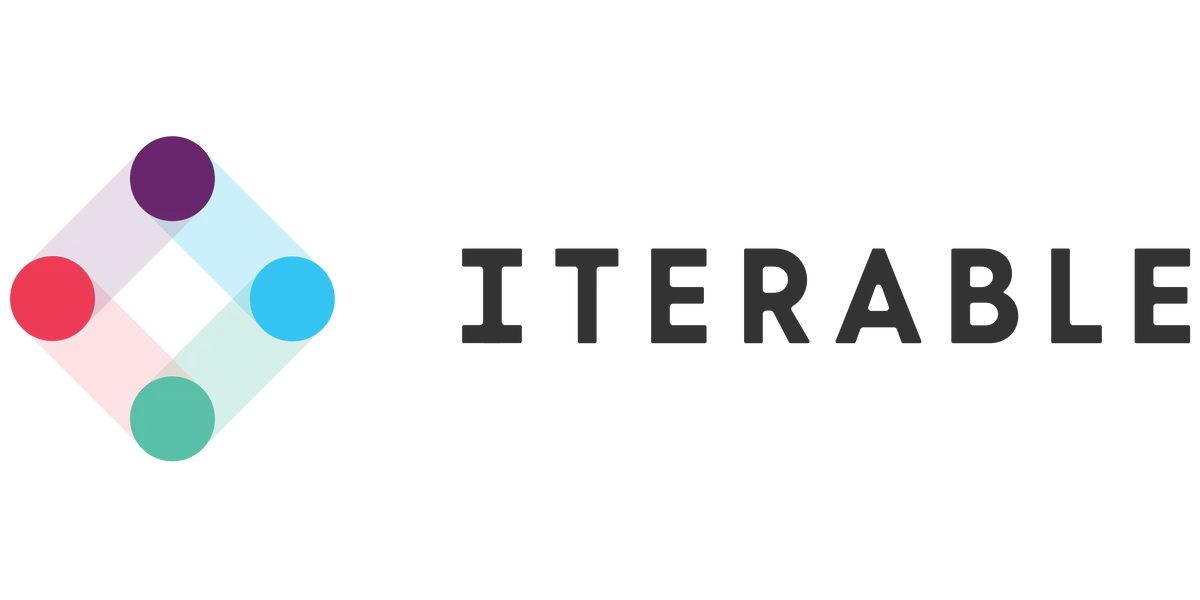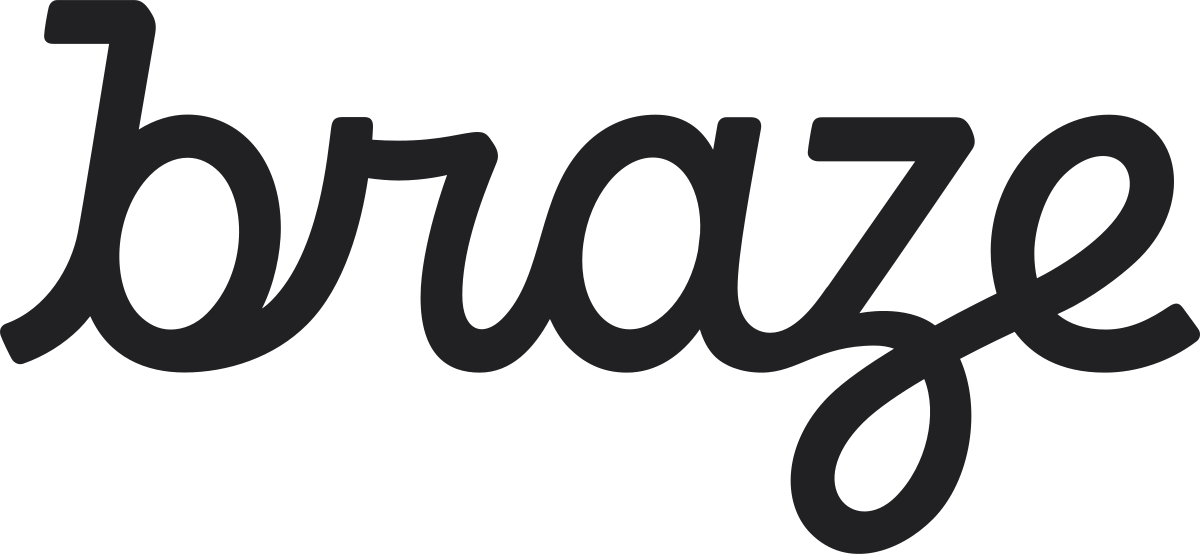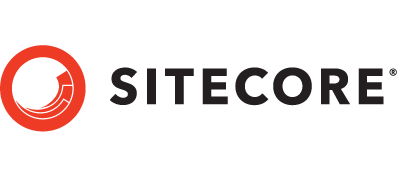If you take a moment to think about what happened last year, it’s interesting to also think about what was predicted to happen. It’s inevitable – particularly in the worlds of business and marketing – that we like to look forward, but when a year has thrown as many curveballs as 2020, it would be rare for any of them to actually stick.
Take a look at this On Advertising piece from January 2020 on the “Meta Trending Trends” expected for the year and you can see that very few of them came anywhere near to fruition. The notion of Civil Social Media is one that certainly (and sadly), sticks out like a sore thumb.
But in researching this piece a little further, I also came across this article from December 2019, titled “23 hilarious predictions about the year 2020 that are way off” which looks at predictions made over the past century and beyond. And here’s the thing – some of what’s in there is actually probably way closer to happening now, because of what’s happened in the past 12 months. Sure, maybe not the prediction that human feet will become one big toe (no.1), but numbers 16 (electronic voting), 19 (the ascendancy of plant-based diets) and 21 (robot therapists) might be a lot closer than Mr Larkin seems to think.
So what can business take from 2020, and what can we (hopefully) leave in the fake news waste basket?
We’re more agile than we think
If there was one word being overused in business and marketing pre-2020, it was … Agility! If it wasn’t every second person spruiking their scrum-master credentials on LinkedIn, it was every other organisation shifting to “agile methodologies,” when they really just mean they’re trying to do more stuff faster. (Which is what most marketers and agencies have had to do for years, right?)
But the impact of the pandemic meant many organisations really had to pivot. Fast. Whether that was a complete shift in product (just about every gin distillery in the country and their shift to hand sanitiser products); or a complete shift in ways of working (advertising agencies, who’d been remarkably old-school around the notion of WFH for years, probably learned the most about themselves).
This Fortune article provides some interesting examples of covid-influenced business model pivots, but my particular favourite came from Qantas’s decision to sell complete 747 bar carts through their Qantas Wine Club. While the 1000 carts they managed to offload in just 2 hours won’t quite cover their CEO’s reduced annual salary, it was a good start and drove a considerable amount of positive PR.
Community spirit only extends so far (when there’s toilet paper involved)
There’s no doubt lockdown brought out both the best and worst in human nature. From the hoarding of toilet paper (and yeast – thanks to our home baking boom), to the rise of Karen culture.
But while social distancing has become a fact of life, the importance of social causes for brands has arguably never been more important. At a time when many consumers’ disposable incomes have been impacted, more of us are choosing to spend with brands where we can see a three-way value exchange: consumer, brand and community.
 A survey by Japanese beauty retail company iStyle Inc found that not only were more than 50% of consumers taking into account a brand’s community and social efforts before making a purchase decision, but that these numbers increased as the year progressed and the pandemic worsened.
A survey by Japanese beauty retail company iStyle Inc found that not only were more than 50% of consumers taking into account a brand’s community and social efforts before making a purchase decision, but that these numbers increased as the year progressed and the pandemic worsened.
As co-author of Good is the New Cool, Afdhel Aziz, explored in this (just) pre-Covid piece on the power of purpose: purpose-driven businesses attract more loyal consumers, better employees and more patient investors. However, relevance, authenticity and consistency is critical. Because even brands that have a history of getting it right can get it seriously wrong.
Who wants a virtual cuppa?
Alongside “unprecedented times,” it’s safe to say “you’re on mute” was one of the most oft-used phrases of 2020. As many of us found our days filled with back-to-back Zoom calls (or whatever variation your company chose), the novelty quickly turned to normality.
But even as many businesses do look to pandemic-proof their offices through increased WFH support and other tactics, the impact on workplace culture as a result of this could be just as detrimental to an organisation’s output as the pandemic itself.
Friday afternoon zoom drinks may have been a quick – and, admittedly awkward – fix, but they can hardly replace the water cooler conversations (are water coolers even allowed anymore?) that can provide those moments of inspiration or clarity when we really need them. And while tech companies are rapidly seeking to implement virtual solutions for this, the idea of “hanging out” in an online corridor or canteen before our next online meeting, clearly ignores the fact that real snacks are just a few real steps away (and we do need to keep our real step count up, after all).
This Forbes article from April 2020 led with the catchy headline, Culture eats Strategy for Breakfast, but Zoom may eat Culture for Lunch. And while the author has nailed the challenge facing organisations who have relied on colocation and close collaboration, he doesn’t have any real answers – apart from saying you need a strategy. (Which personally leads me down a wormhole of Interstellar proportions.)
At its heart, culture is about how an organisation supports its people, and if the past year has taught us anything, it’s that one size definitely does not fit all. So if you do nothing else, you need to understand your people and what they need in order to feel connected and successful. And if you’re stuck for ideas, here’s a great collection of innovative company cultures built on a clear understanding of their people – interestingly enough with Zoom at the top of the list.
Look forward and the one thing that’s certain is uncertainty. No one saw Covid coming, let alone the global recession it led to. Could anyone predict the way the US election would play out? Well, some might argue The Simpsons did. The fact is real change doesn’t come from things we can see or predict, but rather how we adapt. So how have you adapted? We’d love to hear from you on anything you’ve done as a counterpoint to these, dare I say it, unprecedented times. Drop us a line at hello@affinity.ad
